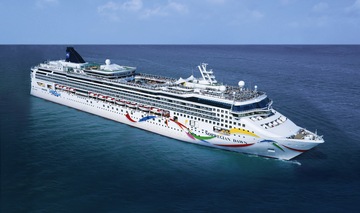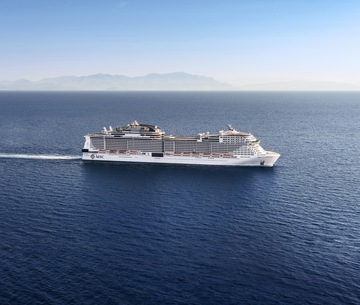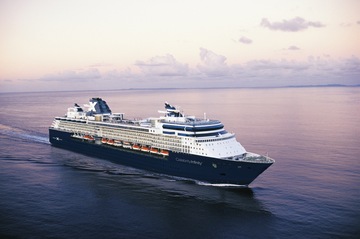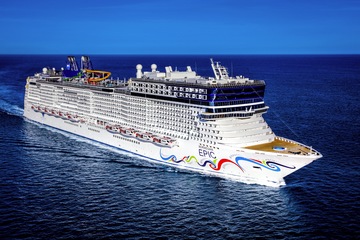03 May 2026 - 7 nights, Full Board
Fly/Cruise Package
€729
Full details
23 February 2026 - 4 nights, all inclusive
Fly/Cruise Package
€760
Full details
04 November 2026 - 3 nights, all inclusive
Fly/Cruise Package
€830
Full details
01 November 2026 - 3 nights, all inclusive
Fly/Cruise Package
€840
Full details
01 November 2026 - 3 nights, all inclusive
Fly/Cruise Package
€878
Full details
16 May 2026 - 7 nights, Full Board
Fly/Cruise Package
€1,039
Full details
23 March 2026 - 4 nights, all inclusive
Fly/Cruise Package
€1,090
Full details
18 March 2026 - 12 nights, Full Board
Fly/Cruise Package
€1,179
Full details
07 June 2026 - 7 nights, Full Board
Fly/Cruise Package
€1,189
Full details
24 May 2026 - 7 nights, Full Board
Fly/Cruise Package
€1,189
Full details
08 March 2026 - 13 nights, Full Board
Fly/Cruise Package
€1,229
Full details
02 June 2026 - 7 nights, Full Board
Fly/Cruise Package
€1,229
Full details
Visiting a variety of enticing destinations in just one holiday is one of the greatest attractions of a cruise. From spectacular scenery to the endless activities while on board the ship? A cruise is the ultimate holiday experience.
Whether you are honeymooning, celebrating an anniversary or bringing the whole family along, there is a cruise on Sunway.ie just for you.
There are hundreds of itineraries available - one to suit everyone. Select a region to start browsing all the possible cruise itineries across the world.
Our cruise specialists can assist you in booking your preferred meal times, airport transfers and of course offer suggestions for pre and post-tour nights.
TRAVEL AWARE - STAYING SAFE AND HEALTHY ABROAD
The Department of Foreign Affairs has up-to-date advice for Irish citizens on staying safe and healthy abroad. For more security,
local laws, health, passport and visa information see
https://www.ireland.ie/en/dfa/overseas-travel/
and follow dfatravelwise






















